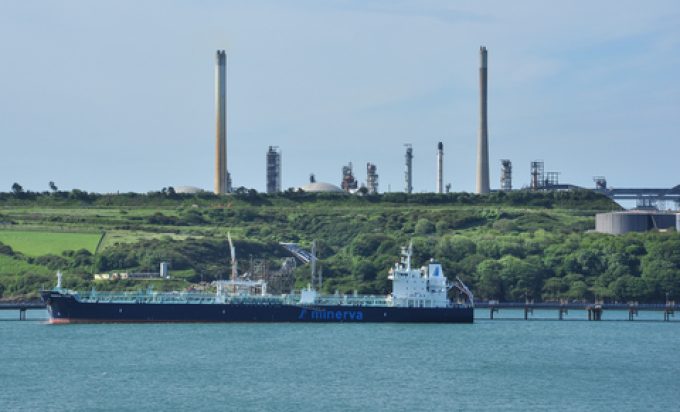Ceva Logistics UK named and shamed as a 'serial late-payer'
Ceva Logistics UK has been branded a ‘serial late-payer’ among UK large companies. At the other ...

On 20 May, Transport & Environment (T&E) published a briefing, Coastal Fug: the UK’s most polluted ports, ranked in order, that ranks the UK’s most polluted ports as a result of shipping activity.
T&E’s analysis includes emissions of sulphur oxides (SOx), nitrogen oxides (NOx) and fine particulate ...
Four crew members still missing as Wan Hai 503 continues to burn
Predatory rivals circle as the ripples from DSV's Schenker buy widen
MSC Elsa crew face criminal probe, as Wan Hai 503 firefighters battle on
Latest Israeli attack on Iran a threat to box ships in Straits of Hormuz
'It's driving us mad', say forwarders as US court fails to end tariff turmoil
Transpacific rates ease as capacity boost proves too much for trades to digest
European port congestion easing – for now
Industry concerns rise after yet another box ship on fire off Indian coast
CMA CGM 'testing the water' of the Suez Canal for more services
More legal trouble in India for MSC: feeder vessel detained after box ship disasters
Flexport: Sanne Manders talks profitability, fire-sales and Dave Clark
MSC to hold 15% global container terminal market share after Hutch buy
EXCLUSIVE: Schenker top exec departs 'One DSV' – fishing continues (Part 1)
EXCLUSIVE: The good old DSV, 'Winning as One' – all Schenker top dogs out (Part 2)
DHL makes €500m bid to increase its presence in 'fast-growing Gulf markets'


Comment on this article